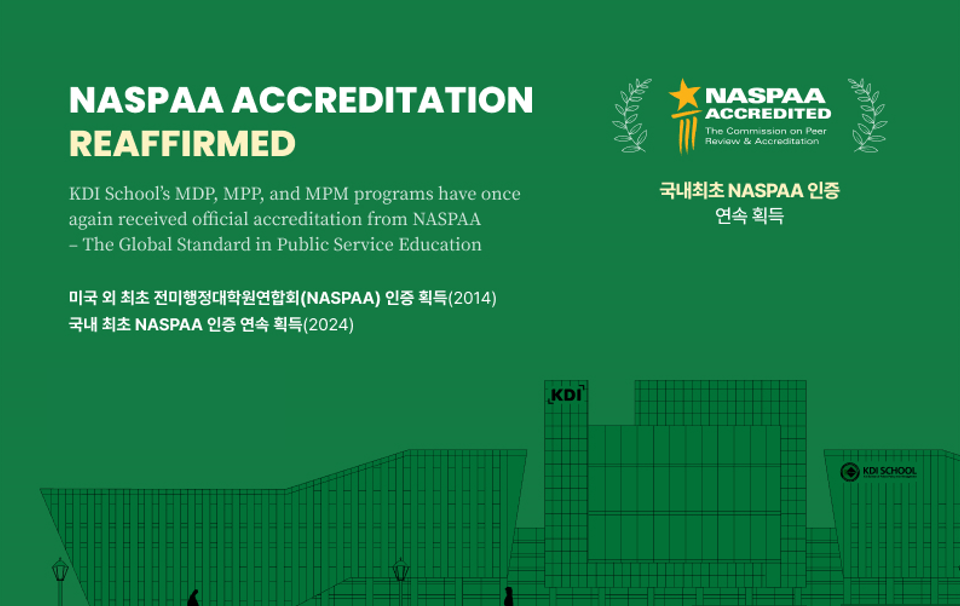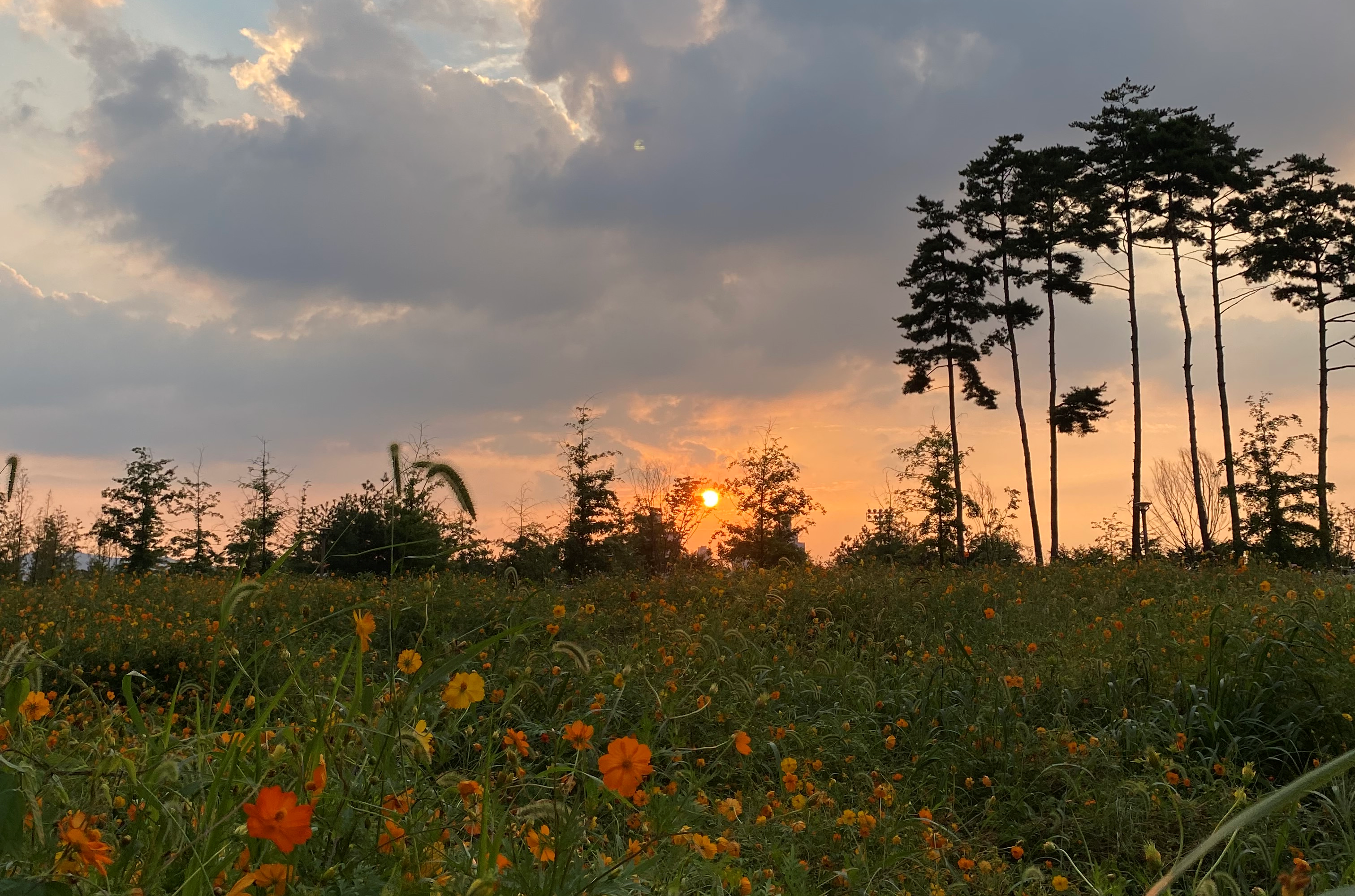
Get to Know the New Professor: Prof. Seohyun Lee
- Date 2022-08-09 16:29
- CategoryStory
- Hit2439
KDIS attracts professors with extensive professional experience, and recently joining the faculty is Professor Lee Seohyun who will be sharing her story!
Welcome to KDIS, please tell us a little about yourself.
My name is Lee Seohyun, and I am an Assistant Professor specializing in Applied Macroeconomics and Econometrics.

I am originally from Pohang, which is on the east coast of Korea, and I enjoy leisurely walks to relax and unwind. I have enjoyed walking in Sejong, which has great places to do so by the river.
What led you to KDI School?
My professional experience in central banking followed by my PhD in London and subsequently working at the IMF fueled my motivation in that I had intellectual curiosity which is why I felt the urge to go further in academia. That was a big driver for me coming to KDI School as well. My work while at the IMF working with small states in the Pacific like Samoa, Palau and developing countries like Bangladesh led me to my current research interests, this current alignment, my desire to expand my perspective, and the aspects to be improved on.
What was your professional experience like and how will it apply to your new role here?
Professionally, my work focused on macroeconomics, time series forecasting, banking regulations, and understanding business cycles for countries predominately for advanced economies like the UK, European countries, and South Korea as that was where I worked and was trained. However, my work through the IMF allowed to me learn and expand to diverse countries, and now I am interested in applying the same techniques to developing countries. These focus areas fundamentally are about improving the lives of ordinary people and expanding our perspectives around that.

I also believe my experience in macroeconomics matches with KDIS as there are many students who work in policy and for government agencies, and I aspire to work with them to build better policy making capacities.
Why did you choose to shift into academia?
People at this school are here to study and, in a sense, there is a nobility about that-pure intention if you will. It reminds me of my time as a student in that while I have worked in policy making and implementation, I have always seen the value in learning which is why I too went on to further study, so we share that in common. While there is value in pursuing career advancement, coming into academia with those pure intentions is worthwhile as it is about improving the state of the world.

Like a lot of the students here, you have not only had to transition into a new career, but also readjust to Korea, how do you cope and how do you advise students dealing with the same changes?
Making both those transitions is certainly not easy; I can imagine it must be doubly difficult with the short adjustment period as after a year or more, most students have to return to their home countries. Its important to make and meet good friends and people who can help you navigate the transition. Faculty and staff are also able to assist where possible. The structure of learning will not be the same as where you are from, so accommodating different perspectives and listening to different viewpoints is important as well. This applies in life and not just professionally or academically.
Economics is not everyone’s forte, what would you say to those who feel overwhelmed at the thought of doing it?
Do not lose your curiosity! You must think about economics like building blocks, and it is difficult if you do not have the foundational blocks together. So, it really is one block at a time. Even though it might not always make sense immediately, as you build the blocks of your learning, you start to see the connection as you go further along.

Also, economics is not a pure science or just theory. It’s our everyday lives - inflation affects us all for instance. There are news articles and resources like the Economist, for example, that as you read about the global economy, help you understand these concepts better. It certainly is not an easy discipline, but it is very close to our daily lives, and it can be learnt.
What research advice would you give students who approach you?
You must understand the perspective you want to focus on, the purpose of the advice you seek, and the final output you want to have. Like an economist, given time constraints and limited resources, we both must make the best decisions regarding your research. I am especially looking forward to working with students interested in macroeconomics, applied econometrics, and quantitative research. My key research interest is focused on economic impact of uncertainty.
Can you explain what economic impact of uncertainty means?
Of course! There are various shocks that affect fluctuations in economic activity that can be productive, or demand driven and focusing on the impact of uncertainty means considering how these shocks affect the economy through different channels - for example, geopolitical risk and conflicts like the Ukraine and Russia conflict and their economic impact.
What would you say you have observed about KDIS so far?
Diversity! I read about the diversity before I came, but I feel like being on campus it feels as though it is more diverse than what I expected. It is a strength and an attractive point for the school, and I would like to believe I contribute to that diversity too. I am definitely looking forward to interacting with more students and meeting people here. I am also glad students had the opportunity to study and be in Korea so they can have an immersive experience as they interact with their peers from different countries whilst experiencing Korea.
What advice would you give to someone who might be inspired by your career track?
Being open minded is an important outlook to have firstly. This extends to grabbing opportunities available to you and pursuing them. I would also say professional experience and choosing to pursue further study is also an important step towards accomplishing that goal. You have to remember though that it’s not just one big step, its multiple steps with a lot of trial and error. It is pivotal to not lose hope and maintain your intention to progress. My chosen field is also not just about my career or selfish ambition but about the lives of ordinary people. So, having purpose and perspective will give you the additional source of energy to keep pursuing your goals. There are also people around you who are willing to help you with opportunities who you can and should approach. I don’t believe I am an expert yet, and I am still on the path but excited to meet more people in this community who are working towards making their way forward in this field.

Last question, outside of Korea, what is your favorite city and where would like to go where you have not been yet?
I would say London because I have fond memories of being a PhD student there and remember the pure intentions I had as well! Even though it was a challenging time, I look back on it positively, and it’s a beautiful city. If I was to go to a country I haven’t been, I would really love to go to Spain or Egypt.
Professor Lee Seohyun will be teaching PhD courses in the Fall. She is open to meeting with students who have relevant areas of interest and is accessible via email to anyone who might be interested. You can read more about her research and previous professional experience here.
Related News
-
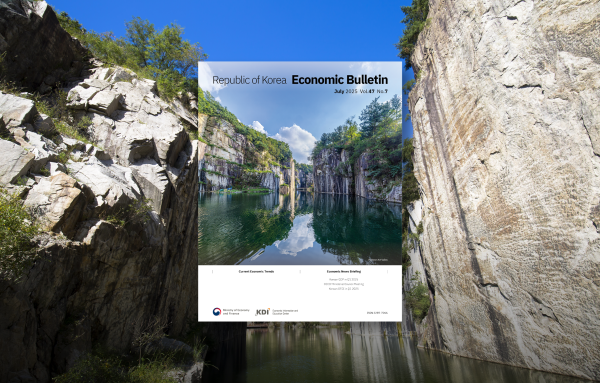
Research and Education1 day ago
Republic of Korea Economic Bulletin, July 2025#KDI #Economic #KDISCHOOL #kdischool #Economic Bulletin #Research
-
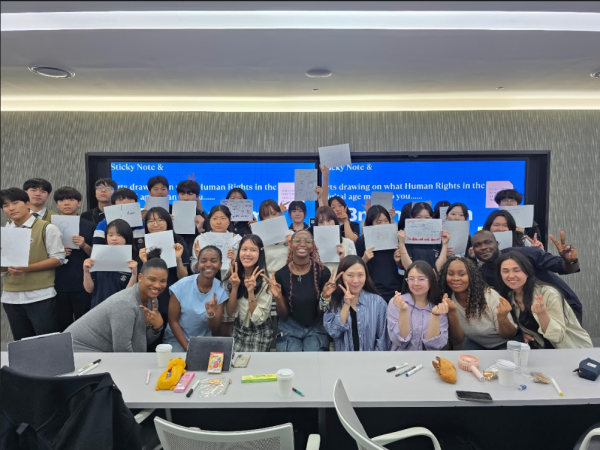
Story4 days ago
Summer 2025 Talent Donation Program: KDIS Forums Host Sejong High School Students#KDISCHOOL #KDIS #student #talent donation #student forums #student clubs
-
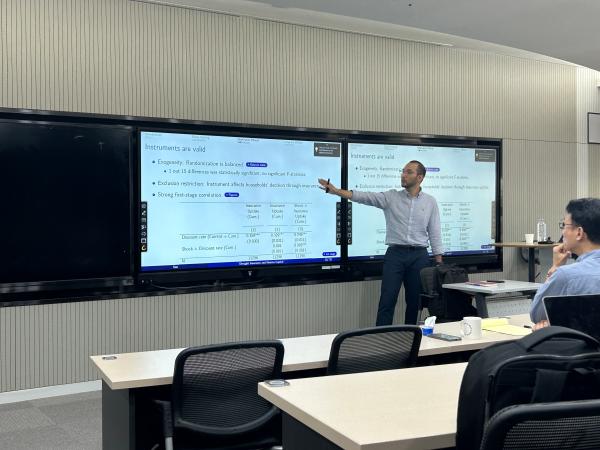
Research and Education5 days ago
Research Seminar by Hyuk Harry Son from Utrecht University

